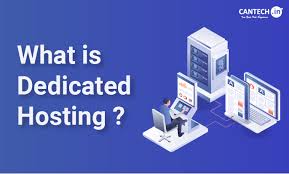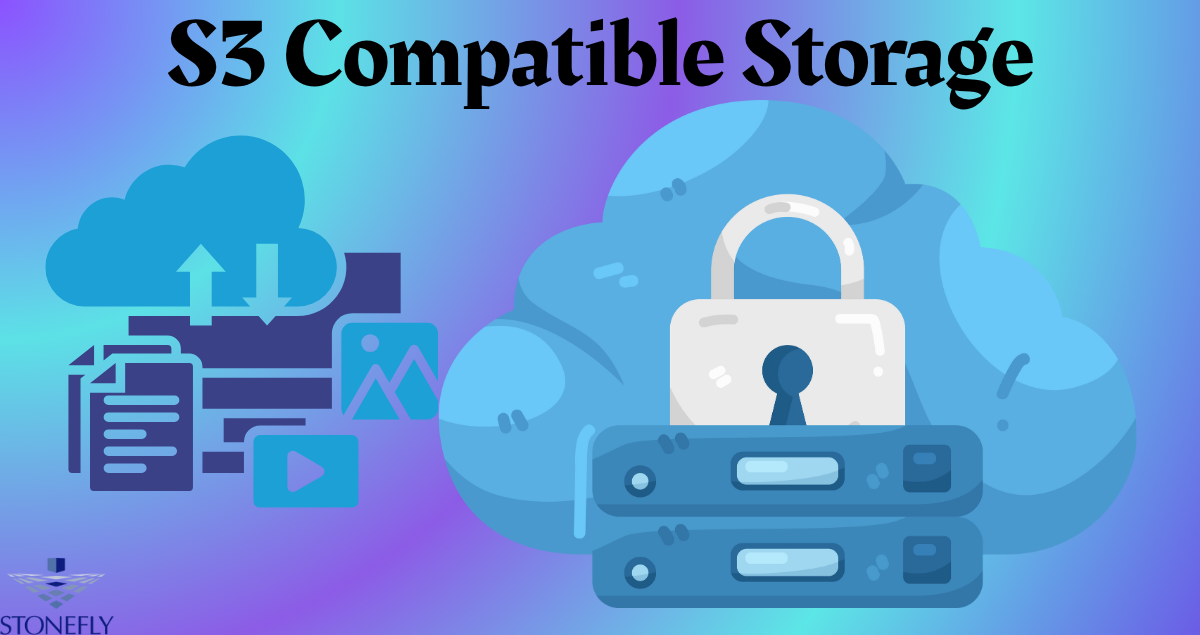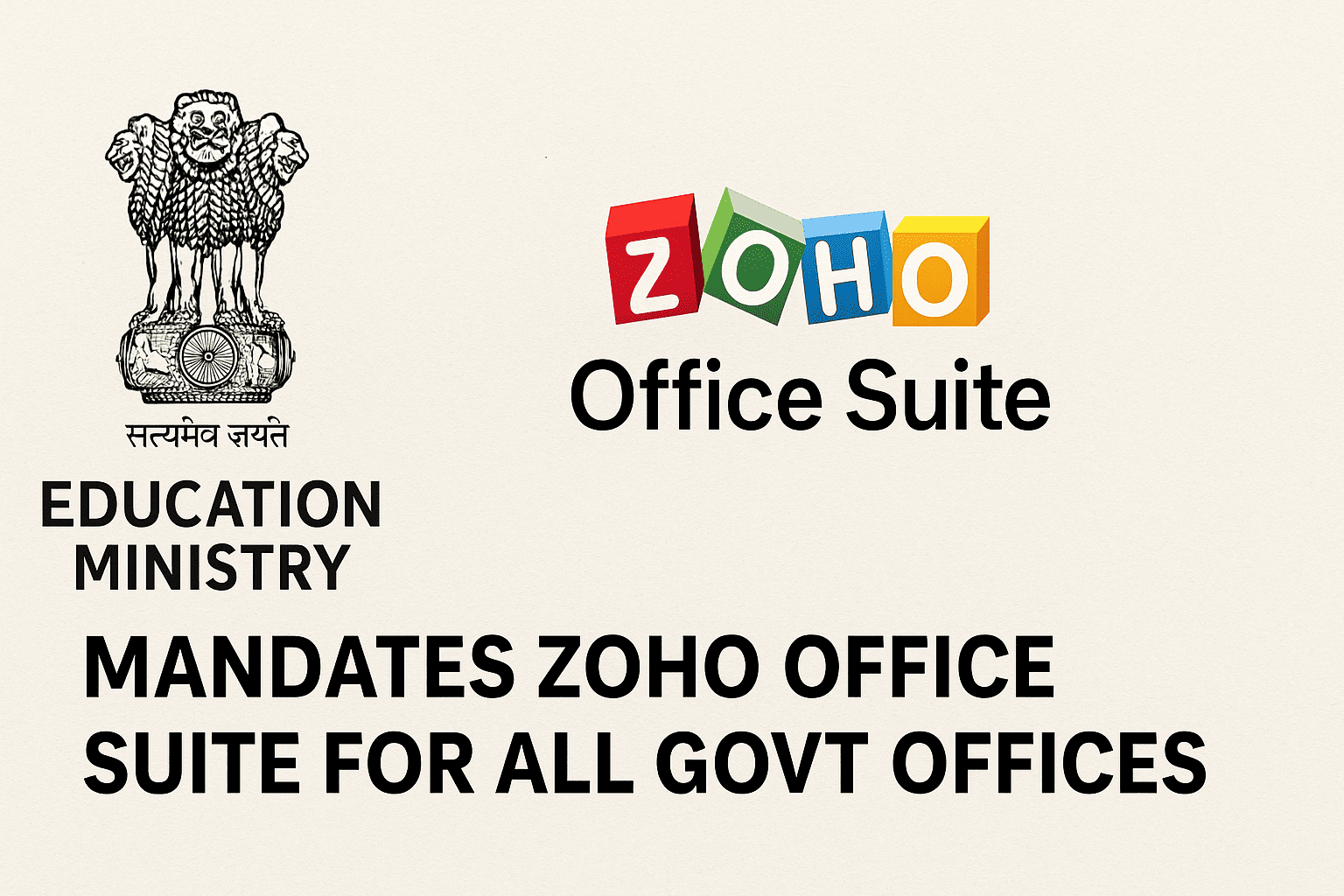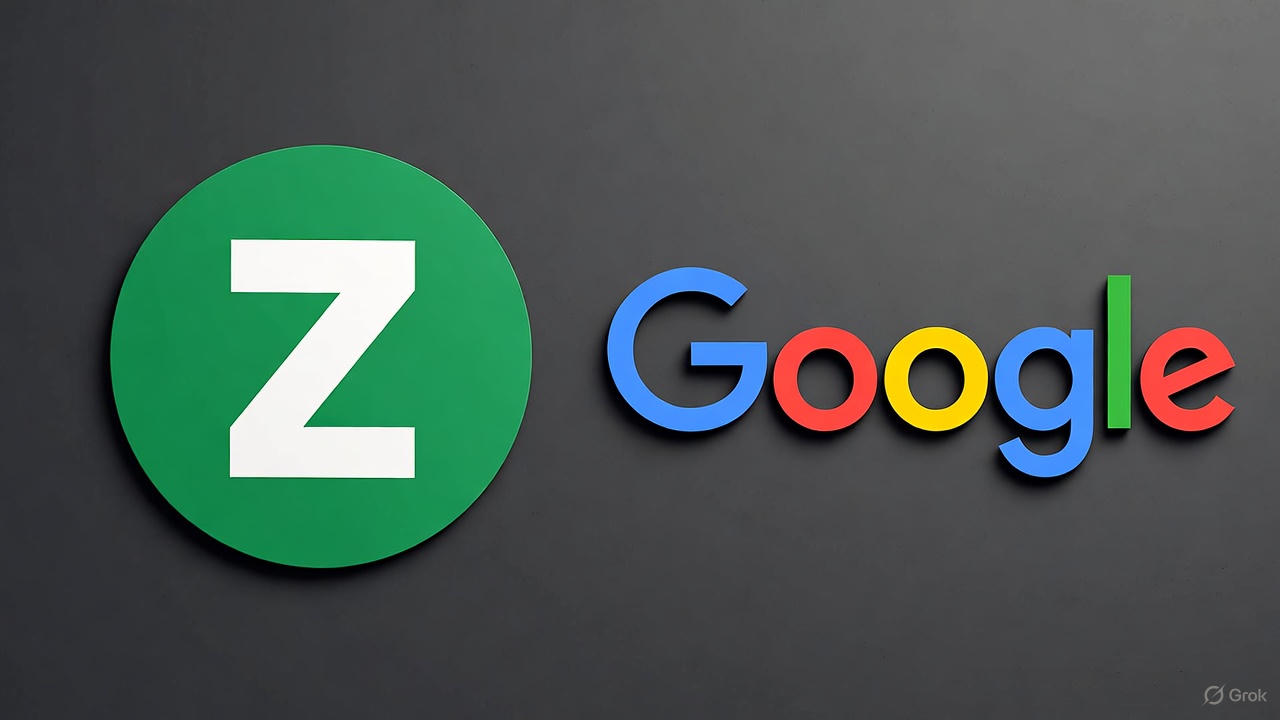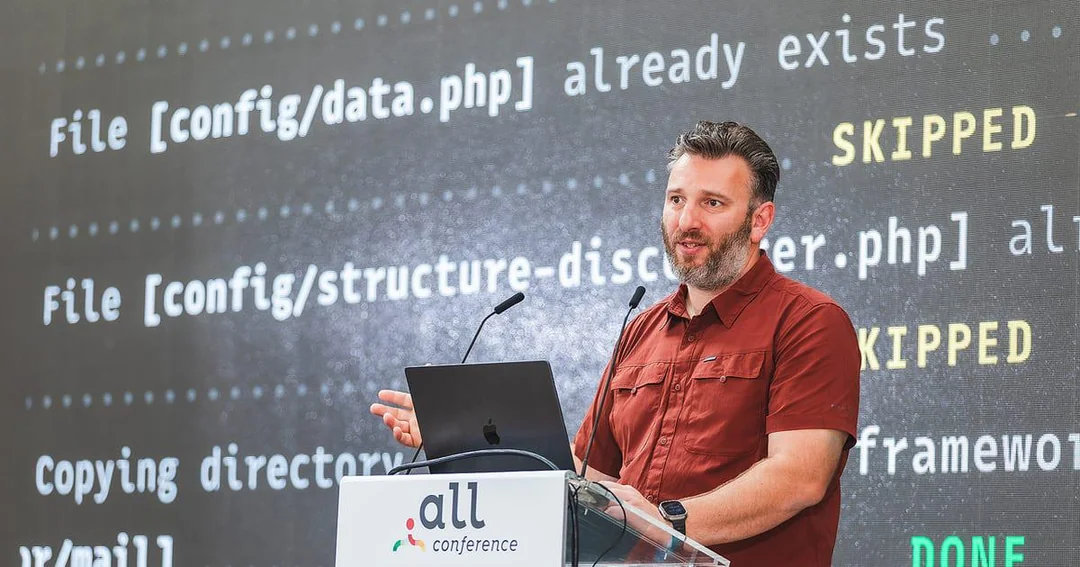What is GitHub Spark, and Why Does It Matter
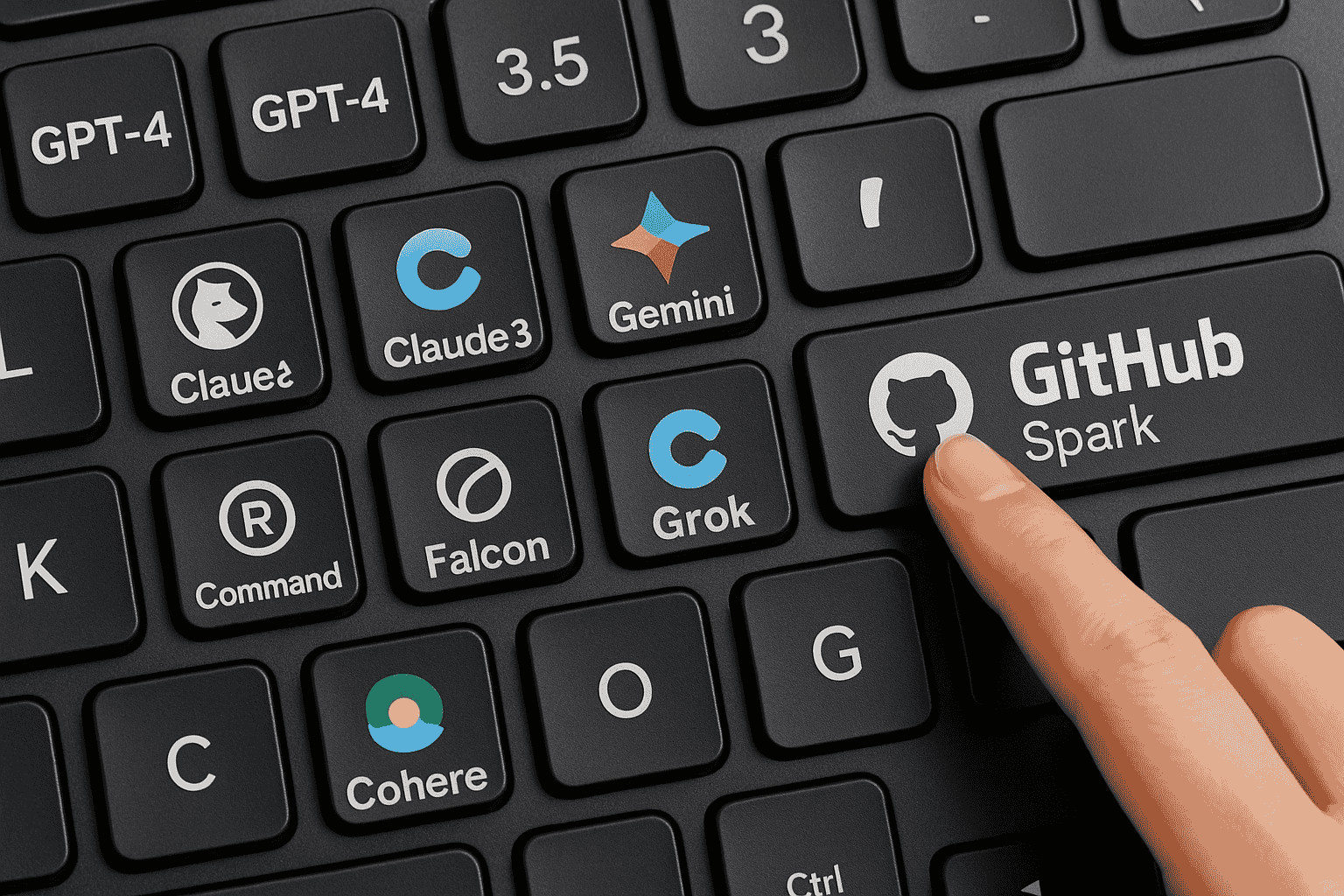
What is GitHub Spark, and Why Does It Matter?
Imagine you have an idea for an app but lack the coding skills or time to build it from scratch. What if you could simply describe your idea in plain English and see it come to life as a fully functional application? GitHub Spark, introduced by Microsoft at the GitHub Universe 2024 conference, is an AI-powered platform designed to make this possible. It’s a game-changer in software development, enabling both non-coders and seasoned developers to create full-stack web applications using natural language, visual tools, or traditional coding.
Why should you care? GitHub Spark democratizes app development, breaking down barriers like complex coding or infrastructure management. Whether you’re a beginner prototyping a personal project or a developer building a scalable SaaS application, Spark simplifies the process, saving time and effort. Its integration with GitHub’s ecosystem ensures professional-grade tools like version control, secure hosting, and AI capabilities are at your fingertips.
Key Features of GitHub Spark:
Natural Language Interface: Describe your app idea in plain English, and Spark generates both frontend and backend code.
Live Preview: See real-time updates as your app takes shape, allowing instant iterations.
AI Integration: Embed intelligent features like chatbots or recommendation systems using leading large language models (LLMs) from providers like Anthropic (Claude Sonnet 4), OpenAI, Meta, and xAI, without managing API keys.
One-Click Deployment: Publish your app with a single click, hosted securely on Microsoft Azure with built-in GitHub authentication.
GitHub Ecosystem Integration: Seamlessly connect with GitHub repositories, GitHub Actions, and tools like Copilot and VS Code for advanced workflows.
Variant Generation: Request 3–6 variations of your app design to explore different ideas and refine your vision.
Recent Updates (as of July 2025):
Public Preview Launch: GitHub Spark is now available in public preview for Copilot Pro+ subscribers, with plans for broader rollout soon.
Multi-Model Support: Spark now supports multiple LLMs, including Anthropic’s Claude 3.5 Sonnet, Google’s Gemini 1.5 Pro, and OpenAI’s GPT-4o, o1-preview, and o1-mini, allowing users to choose the best model for their needs.
Enhanced Copilot Integration: Features like multi-file editing, code reviews, and Copilot agents in VS Code enhance Spark’s capabilities for developers.
No Built-in Complexity Limits: Currently, there are no restrictions on the complexity of apps you can build, encouraging experimentation.
How Does GitHub Spark Work?
Let’s reflect: How would you turn an idea into an app without writing code? GitHub Spark simplifies this by leveraging AI to interpret natural language prompts and generate functional applications. Here’s a step-by-step breakdown of how it works, optimized for clarity and SEO keywords like “GitHub Spark tutorial,” “AI app development,” and “no-code platform”:
Describe Your Idea:
Start by typing a simple prompt, such as “Create a to-do list app with task filtering” or “Build a recipe app that adapts to dietary restrictions.”
Spark’s natural language processing, powered by advanced LLMs like Claude Sonnet 4, translates your description into a full-stack app with frontend (e.g., React, TypeScript) and backend components.
Preview and Iterate:
Within seconds, Spark generates a live preview of your app. This “app-centric feedback loop” lets you see your idea in action and refine it with follow-up prompts like “Add a toggle button” or “Make the UI more colorful”.
You can request variants (3–6 different versions of your app) to explore design or functionality options, making iteration playful and intuitive.
Customize (Optional):
For non-coders, stick to natural language or visual controls to tweak your app.
Developers can dive into the code using Spark’s editor, GitHub Copilot, or VS Code for precise edits. Every Spark project is backed by a GitHub repository with GitHub Actions for version control and CI/CD.
Integrate APIs and AI:
Need to pull data, like weather updates or news headlines? Describe the action (e.g., “Fetch weather data for my city”), and Spark generates the necessary API calls. Tools like Apidog can help test these endpoints.
Add AI features like chatbots or content generation without managing API keys, as Spark handles LLM integration seamlessly.
Deploy with One Click:
When satisfied, click “Publish” to deploy your app. Spark handles hosting on Microsoft Azure, includes GitHub authentication, and provides a unique, secure URL. You can control access (public, private, or specific users) and allow others to remix your app.
Collaborate and Scale:
Share your app with customized access controls. Others can build upon your code, fostering collaboration.
For advanced users, export your project to a GitHub repository or use Codespaces for further development.
What Are Some Real-World Use Cases?
To spark your imagination, let’s ask: What problems could you solve with a custom app? Here are some examples from GitHub Spark’s early adopters, showcasing its versatility:
Personal Productivity: An allowance tracker for kids that sends celebratory messages when goals are reached.
Learning Aids: A maps app for kids that generates fun descriptions of cities for school projects.
Team Tools: A karaoke night tracker to manage guest statuses and song lists.
Prototyping: Businesses use Spark to create MVPs (minimum viable products) in hours, testing ideas with real users before full development.
SaaS Applications: Entrepreneurs build revenue-generating apps with AI features, like recommendation systems, without managing infrastructure.
What Are the Benefits and Limitations?
Let’s reflect: How does GitHub Spark compare to traditional development or other no-code tools?
Benefits:
Speed: Go from idea to deployed app in minutes, not weeks.
Accessibility: No coding skills needed, making it ideal for beginners, designers, or product managers.
Integration: Leverages GitHub’s ecosystem for version control, collaboration, and hosting on Azure.
Flexibility: Supports both simple micro-apps and complex applications with no current limits on complexity.
Cost-Effective: At $39/month for Copilot Pro+, it’s more affordable than hiring developers or managing infrastructure.
Limitations:
Subscription Cost: Limited to Copilot Pro+ subscribers, which may be a barrier for some.
AI Imperfections: AI-generated code may require manual fixes, especially for complex apps.
Data Security: Apps with shared access may risk data modification unless permissions are carefully managed.
Learning Curve for Advanced Use: While beginner-friendly, leveraging advanced features like Copilot agents or Codespaces requires some technical knowledge.
How Does GitHub Spark Fit into the Future of Development?
Let’s ponder: Could tools like Spark redefine software development? GitHub Spark is part of the “vibe coding” trend, where natural language and AI accelerate prototyping and app creation. However, it’s not meant to replace developers. Instead, it empowers them to focus on refining, scaling, and securing AI-generated apps, while non-coders can explore software creation without barriers. As AI models improve, tools like Spark could blur the line between idea and implementation, fostering innovation across industries.
